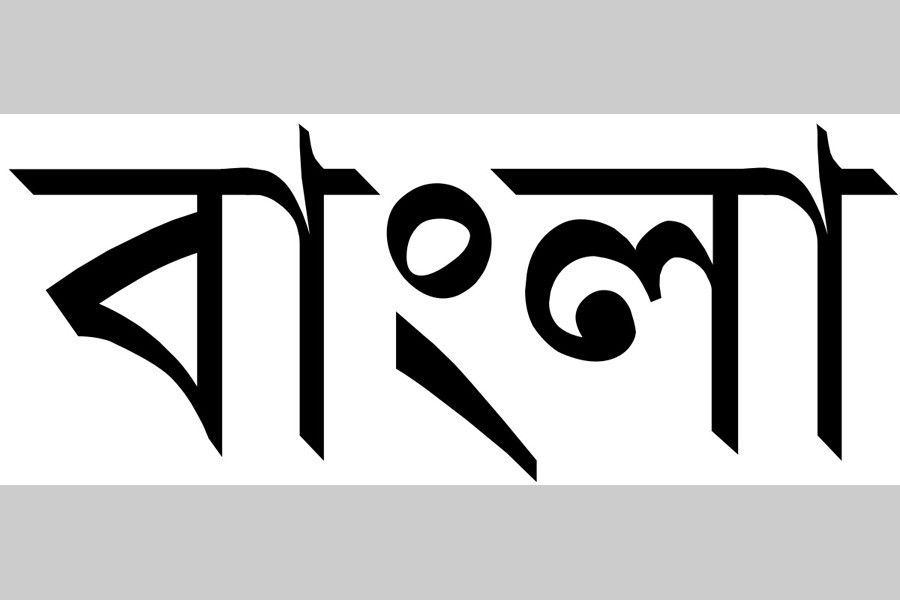Arguably, 6,703 separate languages were spoken in the year 1996. The figure was contentious because some of those were mere variants of dialects of the same language. But the number could be safely put at more than 5,000 with Asia boasting the highest number of languages and Europe the lowest. By this time many languages have vanished simply because those had no written forms and the last person to speak such a language is dead.
Diversity of language is a gift for human civilisation. The less diverse mother tongues become, the poorer the civilisation. After all, a language captures the imagination, calculative power, intuition, the relations between human and Nature and the particular people or tribe's tradition and culture. The loss of a language makes human civilisation poorer, indeed.
Now linguists are convinced that by the end of the century, the languages will be reduced to half the number. Another group of linguists claim that the number of living languages by that time will be only a few hundreds. They have reasons to back up their argument. Languages like English, Spanish, Portuguese, Mandarin Chinese, Russian, Indonesian Arabic, Swahili and Hindi will absorb the vast number of languages now spoken by a few thousands of people on the fringe only.
In India alone, 260 indigenous languages have become extinct in the past 60 years. On an average more than four languages disappeared from the face of modernising India. If the trend continues, the linguistic experts who predict mass death of languages may prove right in their prediction. Not many are concerned about the fast disappearance of so many mother tongues of Adivasi people. Those who work with indigenous languages too are not equipped enough to save the dying languages.
The United Nations Educational, Cultural and Scientific Organisation (UNESCO) have divided languages with bleaker prospects into four categories: vulnerable, definitely endangered, severely endangered, and critically endangered. On the basis of its findings, the UNESCO warned in 2009 that of the 6,000 languages, 2,500 are at the risk of vanishing. At the time fewer than 10 speakers used to speak 200 languages each and 178 languages were spoken by 10 to 50 people only.
The fact is that Greek and Latin are not dead in that sense. The two languages have evolved to their modern forms of Greek and Italian in the same way Chaucer's English of the Middle Age has done into modern English. Many other languages, including Bangla have also transformed throughout the centuries. All modern languages have undertaken a tortuous journey and following the Darwinian theory only the fittest have survived the test of time. Sure enough, population, politics, economics, culture and acceptance of the new and rejection of the outdated have played a part in the evolution of languages.
Spoken languages cannot be assured of their survival unless those are backed up by a strong and disciplined form of written variant. Human knowledge is vast but unless a language can accommodate it in a permanent shape, oral tradition at some point loses the substantive value. Fairy tale, lore or even myths can survive quite a long time but there is a limit to carrying those forward by human tongues.
It is exactly at this point, scholarship in language comes to the fore. Great minds enrich the scope and range of a language to ensure its capacity. With the advancement of science and technology some languages fell wayside because those were not nourished enough to accommodate the new ideas, intricacies of thoughts and equations. The world is facing a far more daunting challenge in the face of fast progress in information technology courtesy of its practical application through computer and smartphones. This will be enhanced by light years in the extraordinary pace of artificial intelligence (AI).
Like many other languages, Bangla too now feels the pressure. Unless techno-savvy and language experts put their heads together to come up with a set of vocabularies and a theory of permutation and combination for development of appropriate AI dialects to meet the challenge, the language that gave the world the International Mother Language Day may one day become vulnerable.


